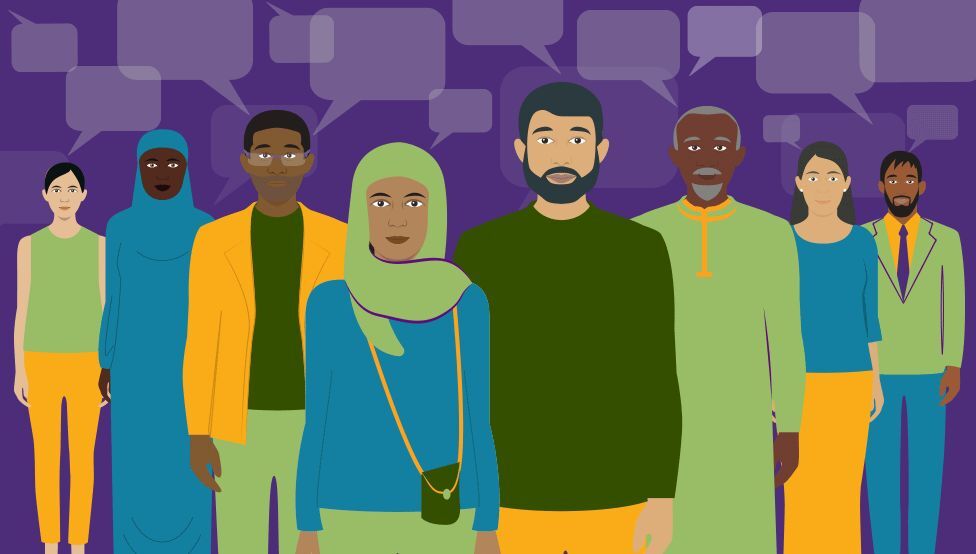Promoting productive employment opportunities dominates policy agendas around the world, particularly in the YEM Partner Countries. This is not surprising considering the demographic trends in these countries where a big – and expanding – share of the national populations is under the age of 25. As a substantial majority of the population approaches working age, there is a critical need…
Reforming Arab economies in times of distrust
…RISING ASPIRATIONS, TIMID REFORMS After the regional slowdown in growth that followed the start of the Arab Spring, authorities in 2011 mostly focused on macroeconomic stabilization efforts that had been delayed until they became inevitable. These policies—which included cuts in consumer subsidies and increased taxes—were deeply unpopular and eroded the purchasing power of the middle class. According to the Arab…
Prominent Tunisian gay rights activist flees to France after death threats
Mounir Batour ran in Tunisia’s presidential election as an openly gay candidate. He now says his life is in danger A former presidential candidate and leader of Tunisia’s largest gay rights group said he has been forced to leave the country and take refuge in France after he has received “very serious” death threats. Mounir Baatour ran in the 2019…
Arab Barometer Placed Lebanon at the Top of Latest Corruption Report
Lebanon, Jordan and Egypt are topping the list. The Arab Barometer Report: Perceptions of Corruption on the Rise Across MENA just placed Lebanon in quite a disappointing ranking according to studies conducted by Princeton University. The report, published on the World Bank’s blog Arab Voices, also placed it in the lead in multiple of its statistics, which include: Obtaining employment through Wasta, Paying bribe for…
Young Arabs are Changing their Beliefs and Perceptions: New Survey
Less religious and less likely to be following religious leaders: these are the findings of a survey conducted among youth in the Middle East and North Africa (MENA) by the Arab Barometer, a pollster surveying the main social and economic trends in the region. The main findings were published by The Economist on 5 December 2019, showing that ‘across the…
Looking back at the Middle East’s 2019: Surprises from Trump, Saudi power moves, protests and more
Here are 5 takeaways. 2019 was a tumultuous year in the Middle East. A new wave of protests swept through the region, challenging governments in Algeria, Iran, Iraq, Lebanon and Sudan. The United States pulled back its forces in Syria as the civil war there took an ominous new turn. Tension between Iran and Saudi Arabia rose to new levels….
A New Secularism Is Appearing in Islam
Across much of the Islamic world, many Muslims are disillusioned with the ugly things done in the name of their religion. For decades, social scientists studying Islam discussed whether this second biggest religion of the world would go through the major transformation that the biggest one, Christianity, went through: secularization. Would Islam also lose its hegemony over public life, to…
Will Algeria’s New President Resume Politics as Usual or Bring Genuine Change?
…Determined Protestors Protesters see Tebboune as very much a part of that ruling elite rather than a step toward democratic change. The protests have seen widespread support from across the political, ideological, and socioeconomic spectrum, including participation by women’s, human rights, cultural, and student organizations. The protest movement has also created new spaces for citizens to debate major issues relating to…
Writing the Next Chapters of Morocco and Algeria
Morocco is no stranger to protests, but its situation differs from that of Algeria. A recent article on the BBC using data from the Arab Barometer survey asked the question, “Could Morocco see the next uprising after Sudan and Algeria?” While it was selective in its choice of data points, for example, attitudes toward religion, the point of the article, which…
Nine years after Bouazizi set himself on fire, there is a lot riding on Tunisia’s new government
Nine years ago, Tunisian street seller Mohamed Bouazizi set himself on fire in the rural town of Sidi Bouzid, setting off the Arab uprisings. This year, as Tunisians commemorate the events that ushered in a democratic transition, the country is embarking on the next phase of that transition with a newly elected government that is determined to finally deliver on…
Young Moroccans love their country. Here’s why they’re leaving.
Hassine grins as he lists Morocco’s many positives: a tolerant society, diverse ethnicities and religions living together in harmony, state-of-the-art infrastructure, a modern constitution, and a monarchy once hailed as an exception for pushing through political reforms. So why are so many young Moroccans like Hassine desperate to emigrate abroad? As many in the kingdom are finding, limited democracy and political openness alone do not…
